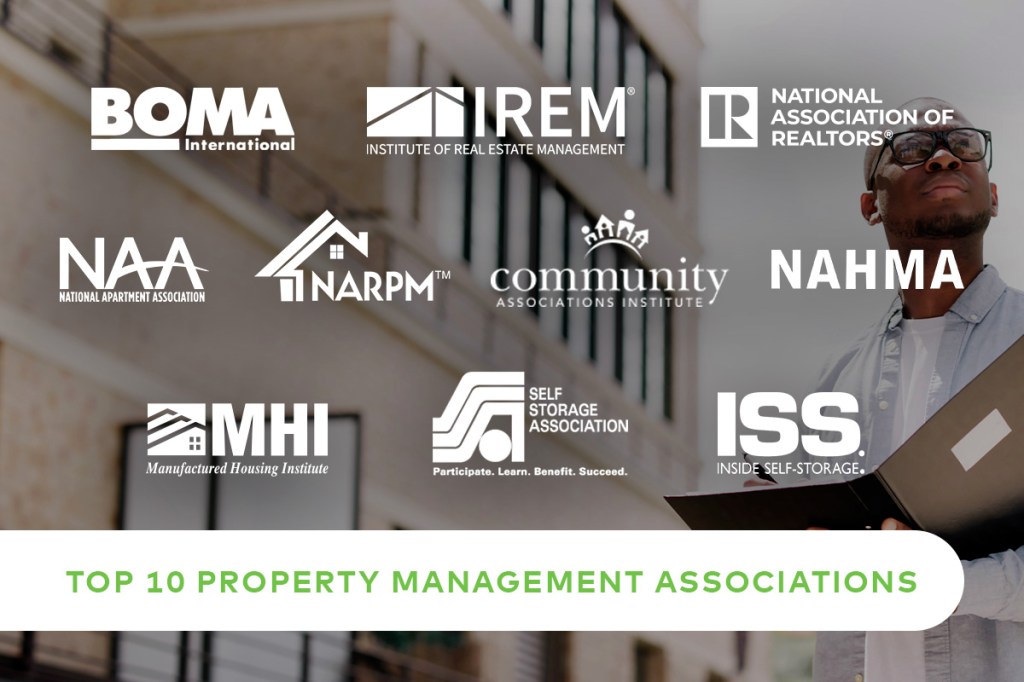Contributed by Balanced Asset Solutions, experts in trust accounting, reconciliation, audit preparation and more.

A rent payment. An owner contribution. A security deposit. Each of these represents client funds that must be handled in a specific way. Trust accounting is the process of keeping those funds separate from a management company’s own operating funds. It makes sure that client money is safeguarded, accurately tracked and used only for its intended purpose.
What is trust accounting?
Trust accounting is the process of managing client funds that are collected but not yet earned or disbursed. These funds include:
- Security deposits
- Owner contributions
- Rent payments prior to owner disbursement
- Reserve funds
- Prepaid rent or fees
Trust funds must be held in a separate bank account. They cannot be combined with a property manager’s operating funds or used for unrelated expenses. Each transaction must be clearly documented, and funds must be accounted for by property or ownership group.
Why trust accounting matters
Trust accounting is required by law in many states. Property managers are acting as fiduciaries and are legally responsible for managing client funds in accordance with real estate regulations.
Failure to follow trust accounting rules can result in:
- Fines or penalties from the local Department of Real Estate
- Revocation or suspension of your real estate license
- Legal disputes with owners or tenants
- Difficulty passing audits or financial reviews
Accurate trust accounting also improves internal transparency and builds trust with clients. It ensures that owners can review financial records with confidence and reduces the risk of disputes.
Common trust accounting mistakes
Even experienced property managers sometimes make mistakes when handling trust funds. These are some of the most common issues.
Commingling funds
Client funds must be held in a trust account and cannot be mixed with the company’s operational funds. Funds must also be tracked separately by property or ownership group.
Missing or incomplete reconciliations
Bank reconciliations must be completed monthly to confirm that your records match the bank statement. Delayed or skipped reconciliations can lead to undetected discrepancies.
Insufficient documentation
Every transaction involving trust funds should be backed by documentation, including invoices, receipts, owner instructions and tenant records.
Manual tracking or outdated software
Spreadsheets and generic accounting tools lack the controls needed to manage trust accounts properly. Errors in manual systems can go unnoticed and increase risk.
Trust accounting rules for property managers
While rules may vary by state, most regulators require property managers to follow three key principles:
- Keep trust funds in a separate, designated trust account
- Track all funds by property or owner
- Reconcile trust accounts against the general ledger and bank statement every month
If a regulator audits your business, they will expect to see complete records for every transaction. This includes client-level ledgers, bank reconciliation reports and source documentation.
How Yardi Breeze helps with trust accounting
Yardi Breeze is designed to help property managers stay compliant with trust accounting rules. Its built-in, real-estate-specific accounting features simplify the process and provide the tools needed to reduce risk and maintain clean books.
Automated bank reconciliations
Breeze allows you to reconcile transactions directly within the platform. The system flags discrepancies and helps ensure that your records match your bank statement every month.
Segregated accounting by property or owner
The platform automatically tracks all income and expenses by property. This helps ensure that each property’s funds are isolated and that trust funds are never co-mingled.
Real-time reporting & audit logs
Breeze provides real-time access to owner statements, ledgers and reconciliation reports. You can generate accurate, date-stamped documentation at any time.
Built-in compliance safeguards
The system prevents transactions from being processed if the books are out of balance. Role-based permissions ensure that only authorized users can handle trust account transactions.
Best practices for trust accounting
In addition to using a software platform like Yardi Breeze, property managers should follow these trust accounting best practices:
Reconcile accounts monthly
Always reconcile your trust accounts against your bank statement and ledger records at the end of each month.
Keep supporting documents organized
Maintain clear records for every deposit, disbursement and adjustment. This includes digital copies of invoices, contracts and client communications.
Avoid temporary transfers or substitutions
Do not use one property’s funds to cover another property’s expenses. Each property or ownership group must be accounted for individually.
Train your staff in compliance procedures
Ensure that all staff members involved in financial transactions understand the requirements for trust accounting and know how to use your accounting system properly.
Final thoughts
Trust accounting is not optional for property managers. It is a legal requirement and a critical part of protecting client funds, maintaining credibility and passing regulatory audits.
Yardi Breeze makes trust accounting easier by providing tools for automated reconciliation, client-level tracking, reporting and built-in controls. These features help property managers avoid common pitfalls and reduce the risk of costly errors.



